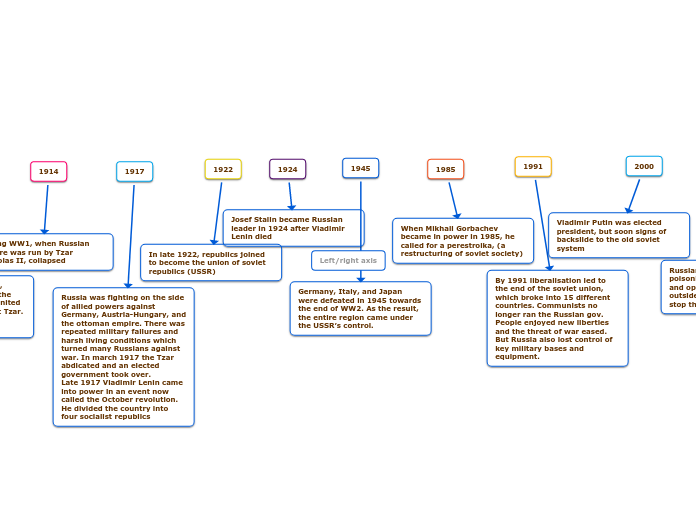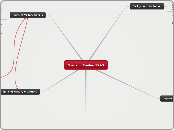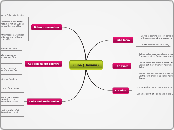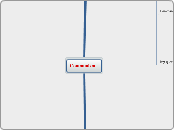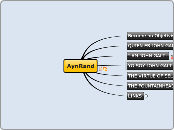1922
In late 1922, republics joined to become the union of soviet republics (USSR)
2012
Russian gov was arresting, poisoning, and killing critics and opponents both inside and outside Russia but Putin didnt stop there.
2000
Vladimir Putin was elected president, but soon signs of backslide to the old soviet system
1991
By 1991 liberalisation led to the end of the soviet union, which broke into 15 different countries. Communists no longer ran the Russian gov. People enjoyed new liberties and the threat of war eased. But Russia also lost control of key military bases and equipment.
1985
When Mikhail Gorbachev became in power in 1985, he called for a perestroika, (a restructuring of soviet society)
1945
Germany, Italy, and Japan were defeated in 1945 towards the end of WW2. As the result, the entire region came under the USSR’s control.
1924
Josef Stalin became Russian leader in 1924 after Vladimir Lenin died
1914
During WW1, when Russian empire was run by Tzar Nicholas II, collapsed
1917
Russia was fighting on the side of allied powers against Germany, Austria-Hungary, and the ottoman empire. There was repeated military failures and harsh living conditions which turned many Russians against war. In march 1917 the Tzar abdicated and an elected government took over.
Late 1917 Vladimir Lenin came into power in an event now called the October revolution. He divided the country into four socialist republics
title
Does your chart start at a particular event? Add a title for this event, or delete this topic if it is not needed.
A Brief History of Russia
1500s
Items or ideas are positioned along the axis. For example, they might be events in a sequence or on a timeline.
Double-click to add a new topic to the map.
Russian empire was born, when Ivan IV who ruled the trading hub of Moscow, united and became Russia’s first Tzar. (Russian serfs became landowners’ slaves)
Left/right axis
Add a legend for the left/right direction in your chart. For example, it might represent time after an event, or steps in a sequence.
